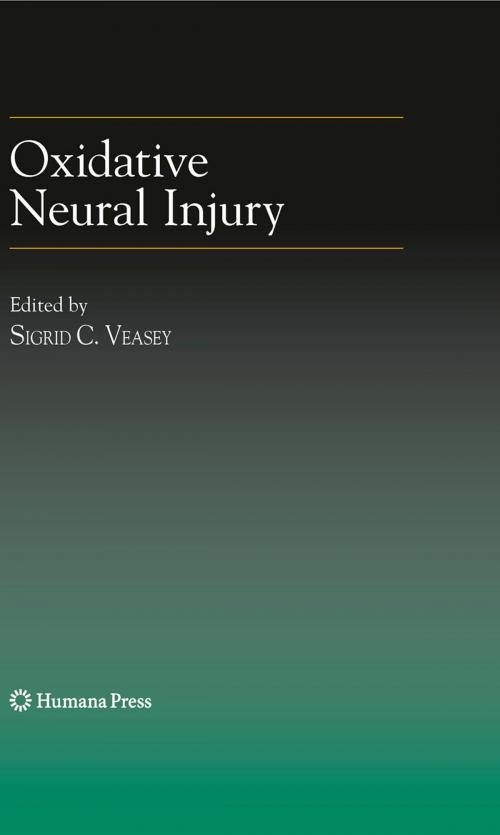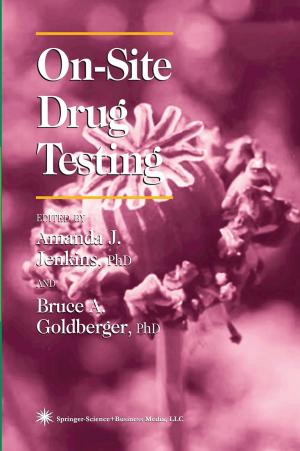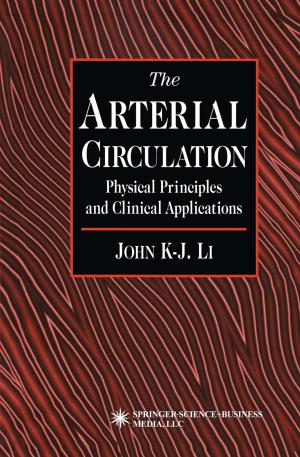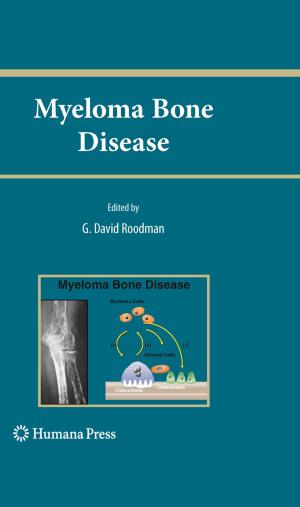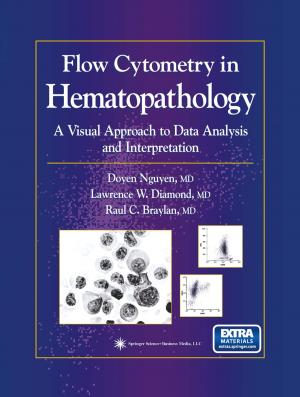Oxidative Neural Injury
Nonfiction, Health & Well Being, Medical, Specialties, Internal Medicine, Neuroscience, Neurology| Author: | ISBN: | 9781603273428 | |
| Publisher: | Humana Press | Publication: | May 28, 2009 |
| Imprint: | Humana | Language: | English |
| Author: | |
| ISBN: | 9781603273428 |
| Publisher: | Humana Press |
| Publication: | May 28, 2009 |
| Imprint: | Humana |
| Language: | English |
Twenty-five years ago, Earl R. Stadtman, PhD discovered that specific enzymes regulating metabolism can be inactivated by oxidation [1]. He later showed that age-related oxidative modification contributes, at least in part, to age-related loss of function of the enzymes [2, 3]. Dr. Stadtman broke the ground for a new field of study to discover how oxidative stress contributes in significant ways to age-related cellular dysfunction and protein accumulation and that oxidation in the aging brain influences Alzheimer’s disease, ischemia-reperfusion injury, amyotrophic lateral sclerosis, and lifespan [4–6]. Today, his research and mentorship have positively influenced the work of hundreds of scientists in this field. We dedicate this book to Dr. Earl R. Stadtman (1912–2008), in celebration of his passion for science and his superior collaborative and mentorship skills. This book is comprised of three sections. The first describes the valuable roles reactive oxygen species (ROS) and reactive nitrogen species (RNS) play in cellular biology. The second section provides an overview of redox imbalance injury with effects on mitochondria, signaling, endoplasmic reticular function, and on aging in general. The third section takes these mechanisms to neurodegenerative disorders and provides a state-of-the-art look at the roles redox imbalances play in age-related susceptibility to disease and in the disease processes. In the first section we attempt to answer a question posed by Dr. Stadtman, ‘‘Why have cells selected reactive oxygen species to regulate cell signaling events’’ [7].
Twenty-five years ago, Earl R. Stadtman, PhD discovered that specific enzymes regulating metabolism can be inactivated by oxidation [1]. He later showed that age-related oxidative modification contributes, at least in part, to age-related loss of function of the enzymes [2, 3]. Dr. Stadtman broke the ground for a new field of study to discover how oxidative stress contributes in significant ways to age-related cellular dysfunction and protein accumulation and that oxidation in the aging brain influences Alzheimer’s disease, ischemia-reperfusion injury, amyotrophic lateral sclerosis, and lifespan [4–6]. Today, his research and mentorship have positively influenced the work of hundreds of scientists in this field. We dedicate this book to Dr. Earl R. Stadtman (1912–2008), in celebration of his passion for science and his superior collaborative and mentorship skills. This book is comprised of three sections. The first describes the valuable roles reactive oxygen species (ROS) and reactive nitrogen species (RNS) play in cellular biology. The second section provides an overview of redox imbalance injury with effects on mitochondria, signaling, endoplasmic reticular function, and on aging in general. The third section takes these mechanisms to neurodegenerative disorders and provides a state-of-the-art look at the roles redox imbalances play in age-related susceptibility to disease and in the disease processes. In the first section we attempt to answer a question posed by Dr. Stadtman, ‘‘Why have cells selected reactive oxygen species to regulate cell signaling events’’ [7].
